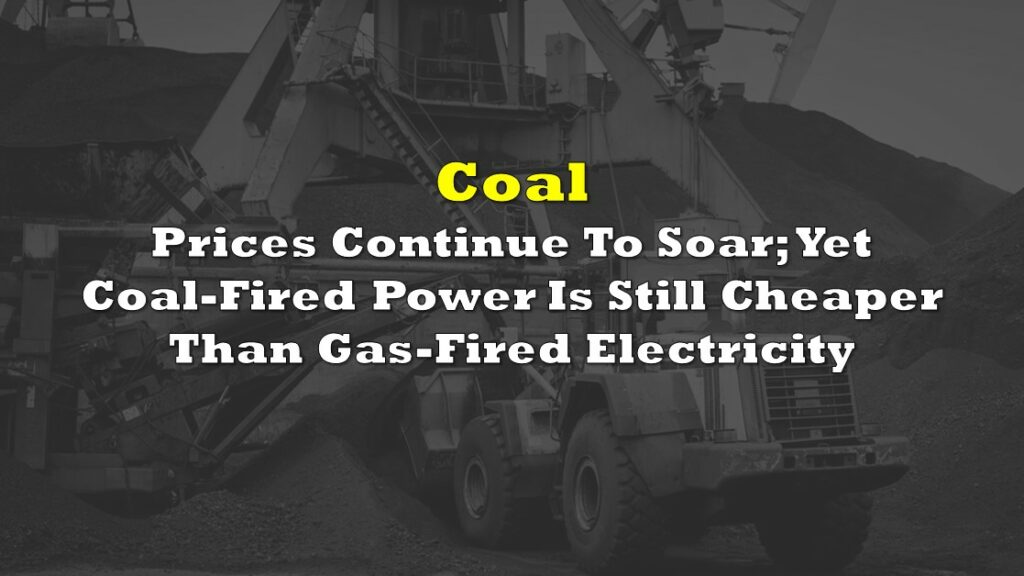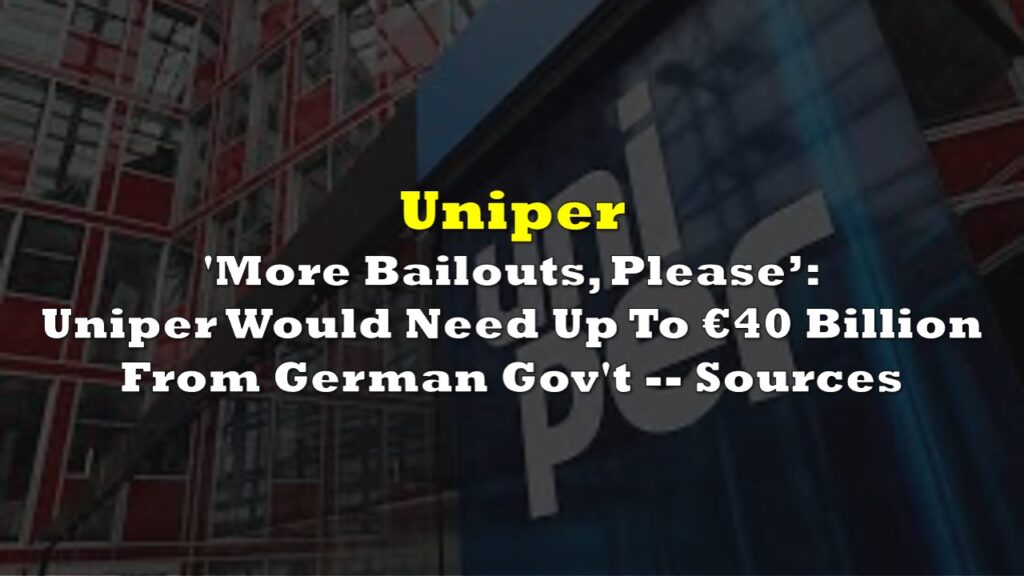Europe’s biggest natural gas field, the Groningen field in the Netherlands, is set to shut down on October 1, according to sources cited by Bloomberg.
The impending closure has already caused prices for natural gas, a key energy source, to surge. An official announcement is expected after a government cabinet meeting later this month.
The closure of the Groningen field, which has operated for over six decades, marks a significant development for Western Europe’s energy landscape. The field has long been an important source of natural gas for the region. However, the production activities have caused hundreds of earthquakes since the 1980s, leading to substantial damage to thousands of homes and mounting political pressure for its shutdown.
Since 2012, more than 3,300 homes in the affected area have been demolished due to earthquake-related damage. To address the concerns of affected citizens, financial restitution had already been promised earlier this year. The government has pledged a total of €22 billion ($24 billion) across a 30-year period to compensate Groningen residents.
The field was originally scheduled to be closed in October 2024. The decision to expedite the plans comes shortly after Prime Minister Mark Rutte almost did not survive a no-confidence vote that accused the Dutch government of being unresponsive to complaints. The government is considering dismantling the gas wells by filling them with concrete next year, as per one source.
Until October, the Groningen field will continue to operate at minimum levels, extracting a maximum of 2.8 billion cubic meters of gas. However, the closure decision is not entirely irreversible. In the event of another energy crisis or an extremely cold winter, the wells could be reopened within two weeks, providing the government with an opportunity to reconsider its stance based on weather forecasts.
The news of the Groningen field’s imminent closure had an immediate impact on the market. Dutch front-month gas futures, the European benchmark, experienced a surge of up to 30%, though the gains were later reduced to 10%, with prices reaching 42.16 euros per megawatt-hour.
Information for this story was found via Bloomberg, and the sources and companies mentioned. The author has no securities or affiliations related to the organizations discussed. Not a recommendation to buy or sell. Always do additional research and consult a professional before purchasing a security. The author holds no licenses.









